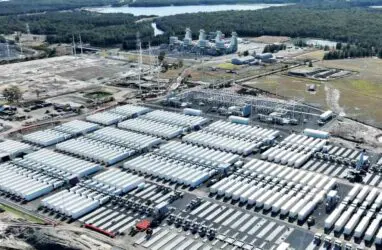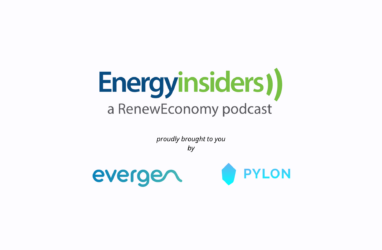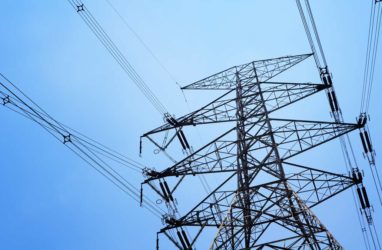Friday night saw Wall Street rally after falling for several sessions, but again it was tech stock earnings due to the AI bubble keeping everything afloat. The USD is still reasserting its recent strength against all the majors although gold is trying to make a comeback with Euro and Pound Sterling falling sharply while the
The post Macro Morning appeared first on MacroBusiness.
When Clare O’Neil was Australia’s Home Affairs Minister, she regularly lamented that Australia’s migration system was too temporary and was holding the nation back. “Today, really for the first time in our modern history, our uncapped, unplanned temporary program is the centrepiece and driver of our migration system. This simple fact is the source of huge
The Albanese government’s 5% deposit scheme for first home buyers, effective from 1 October, appears to have significantly boosted home prices. Cotality’s house price results for October reported the strongest increase in values since June 2023, up 1.1% over the month and 2.9% over the quarter at the combined capital city level. Over the past
Last week’s shocking inflation result, which saw Australia’s trimmed mean inflation surge by 1.0% in Q3 2025 and the annual rate of inflation rise to 3.0%, has all but eliminated chances of another interest rate cut over the foreseeable future. As illustrated below by CBA, financial markets now ascribe a near-zero chance of another rate
By Lucinda Jerogin, Associate Economist at CBA: The September quarter headline CPI materially surprised to the upside, jumping 1.3%/qtr to be 3.2% higher annually. The policy-relevant trimmed mean measure accelerated to 1.0%/qtr and 3.0%/yr. Offshore this week the FOMC and BoC cut rates by 25bp, as was widely expected. However, a more hawkish tone curtailed
The post The economic week ahead appeared first on MacroBusiness.
The Boyer Lectures are a series of talks by prominent Australians, presenting ideas on major social, scientific or cultural issues, and broadcast on the Australian Broadcasting Corporation’s (ABC) Radio National. The lectures began in 1959 and a couple of years later were named after Richard Boyer, the ABC board chairman who suggested them. The lectures are delivered between September and December by prominent Australians selected by the ABC board and are intended to stimulate discussion and debate on a wide range of topics1.
International Reading: Chipotle CEO sounds alarm on the American economy – Yahoo USDA Quietly Deletes Its Contingency Plan for Funding SNAP – Notus Binance helped Trump crypto company make billions – Independent Not a good sign: Hershey Warns of Soft Halloween Candy Sales – Bloomberg Trump Ballroom Fiasco Takes Worse Turn as Economic Data Gets
Asian markets are generally lower although the latest Tokyo inflation numbers saw Japanese stocks rise swiftly with another BOJ rate hike now on the cards while the outcome of the Trump-Xi summit is not inspiring confidence in other risk markets. In currency land, the USD is getting stronger again with the Australian dollar pulled back
The post Macro Afternoon appeared first on MacroBusiness.
Justin Fabo from Antipodean Macro published the following chart comparing the official cash rates of the Reserve Bank of Australia (RBA) against the Reserve Bank of New Zealand (RBNZ). Fabo stated on Twitter (X) that “the RBNZ often goes harder in both directions on rates”, in reference to its recent higher peak and lower trough





